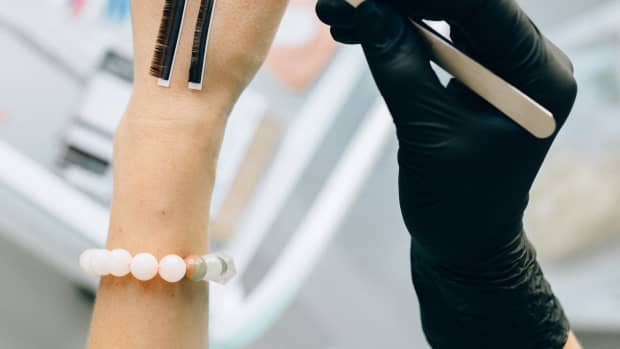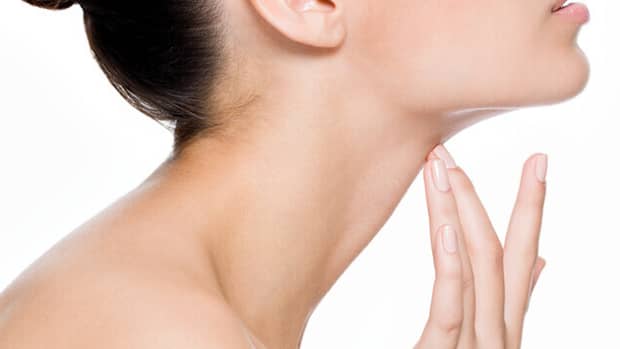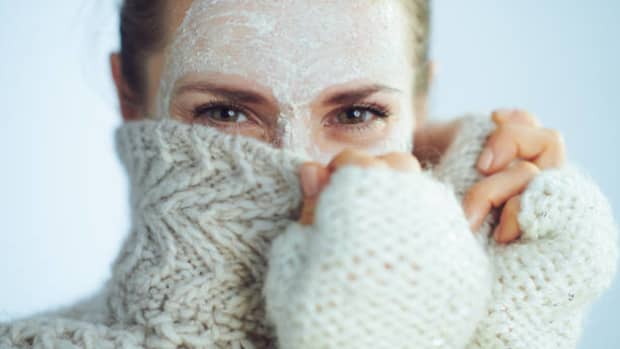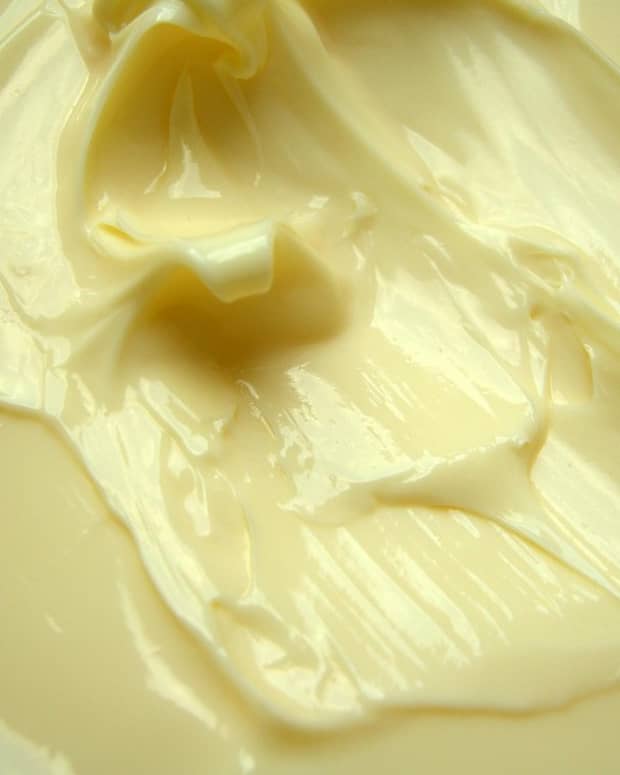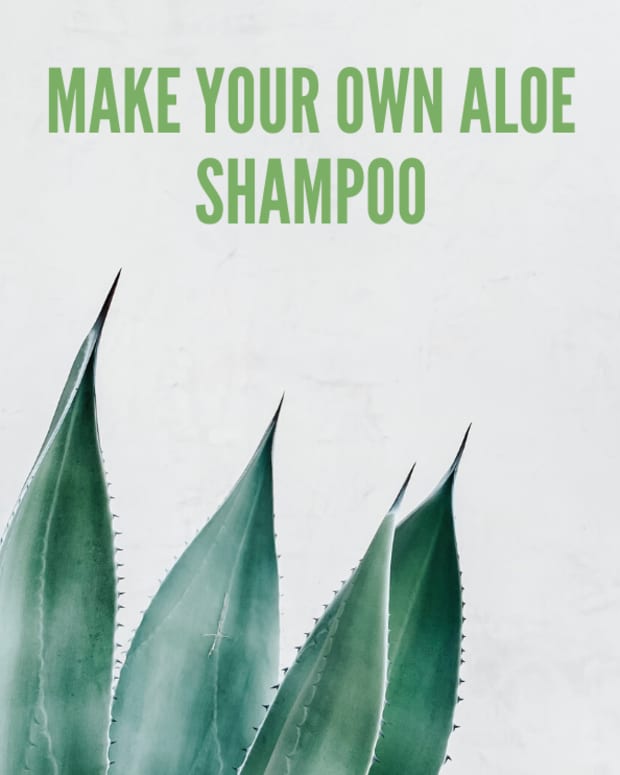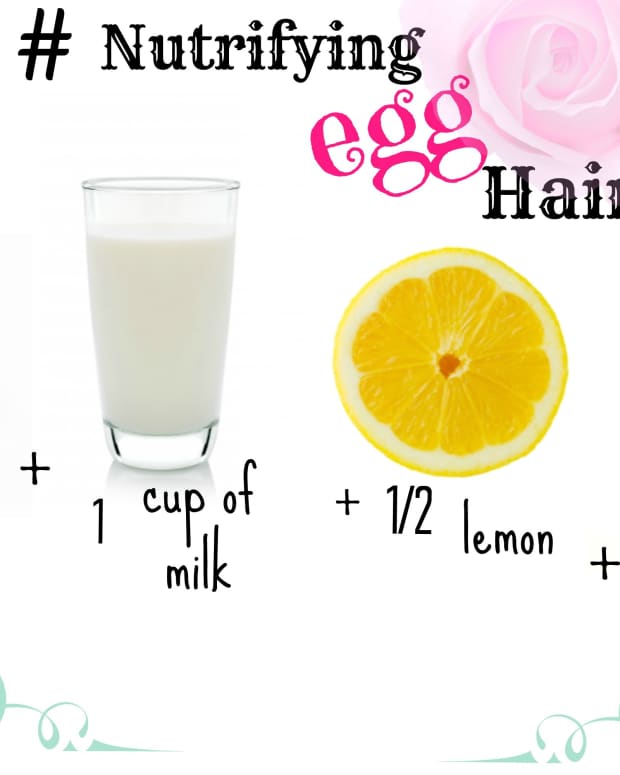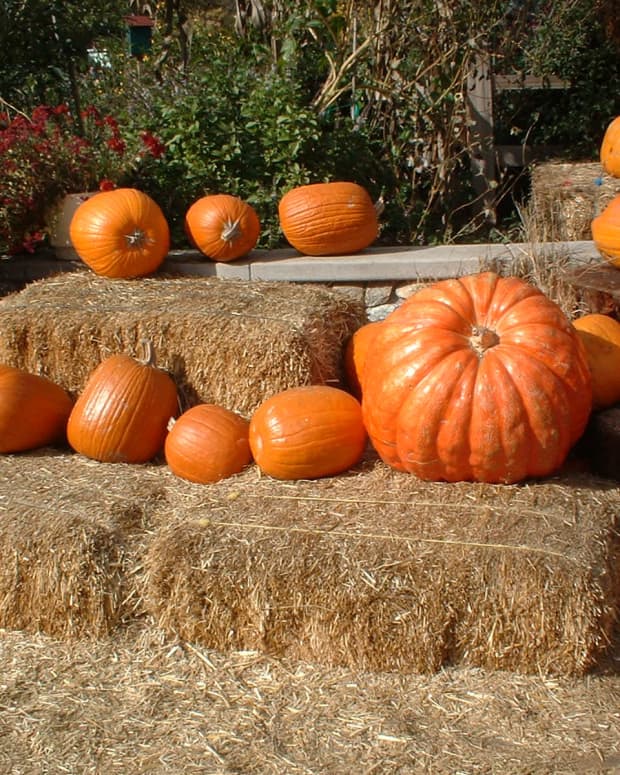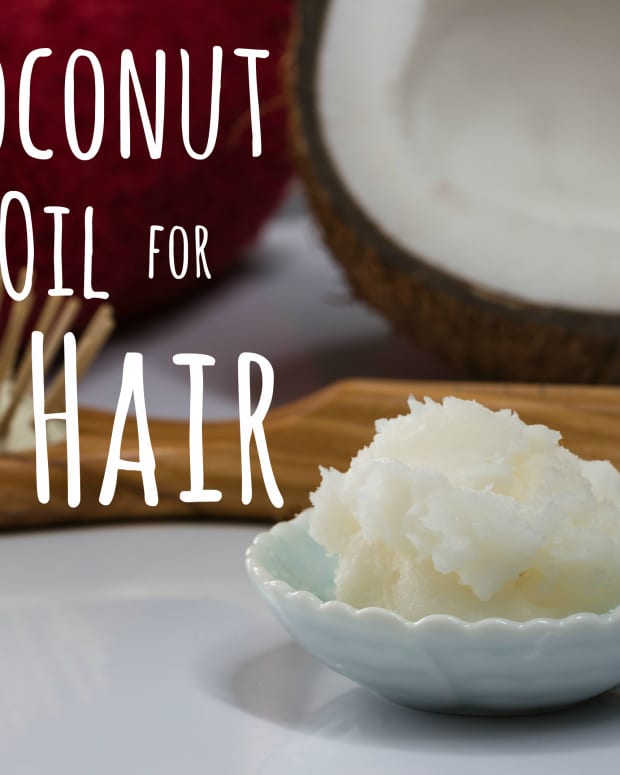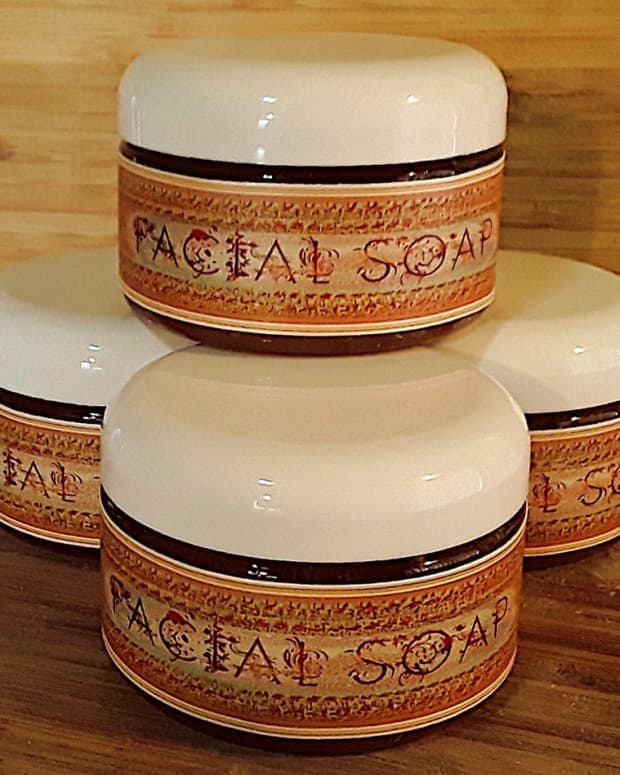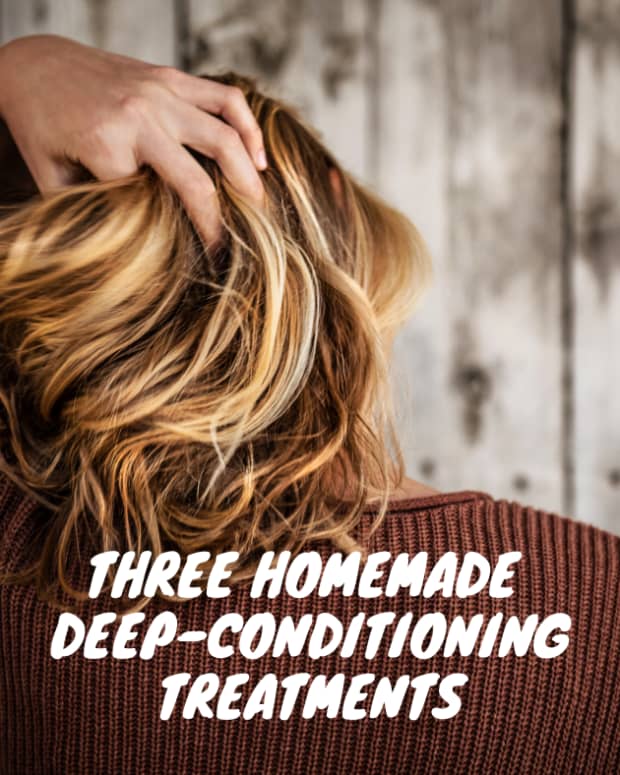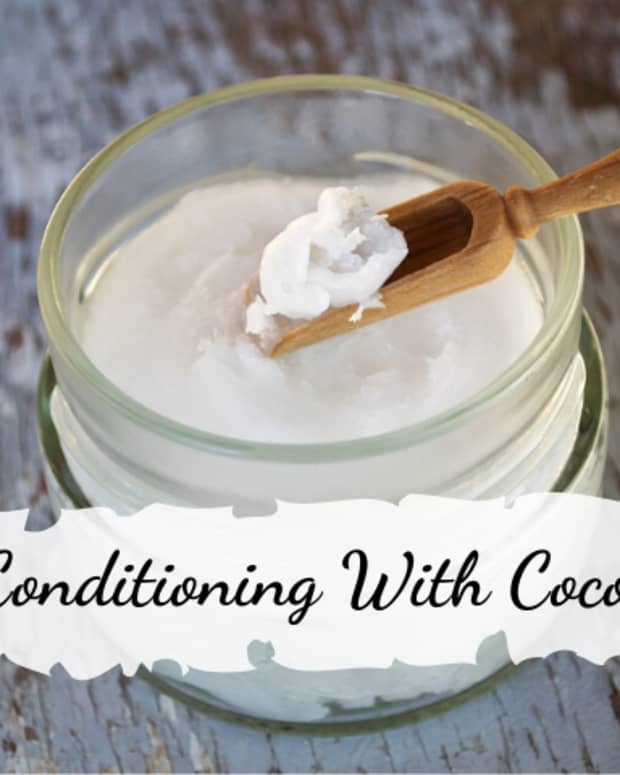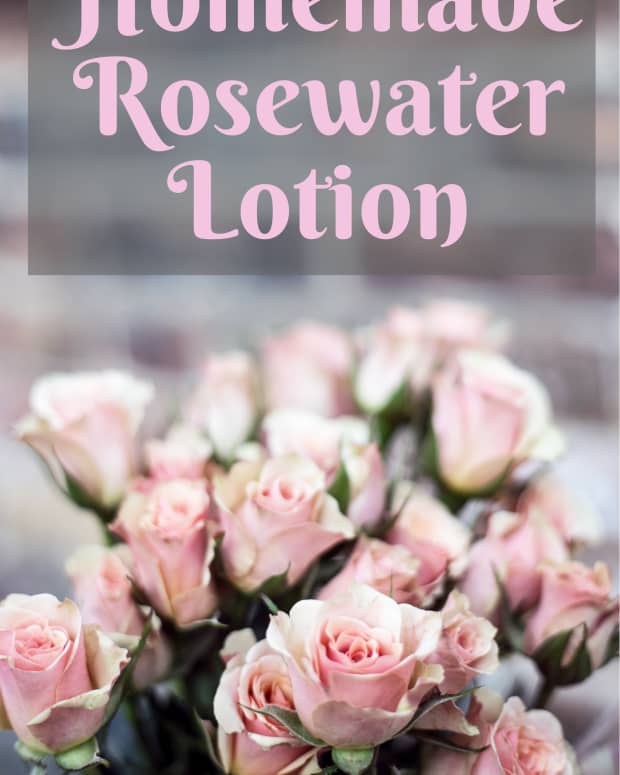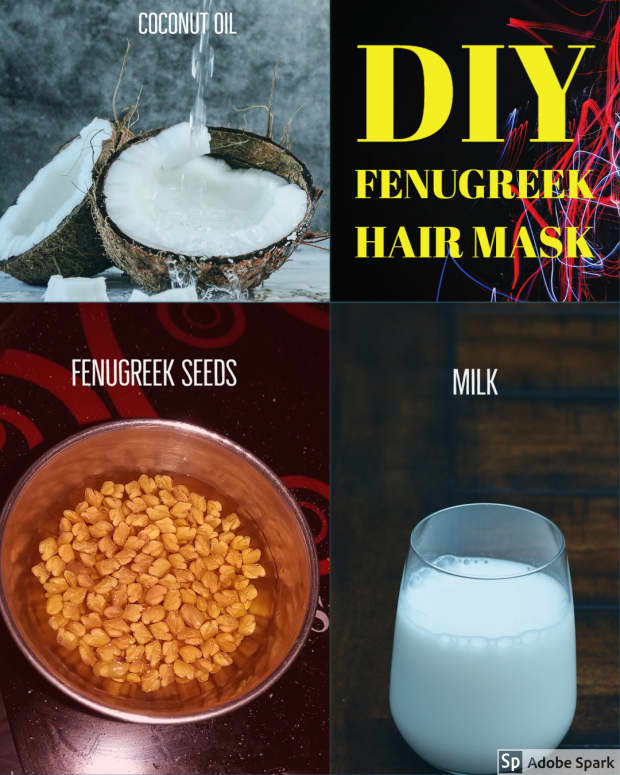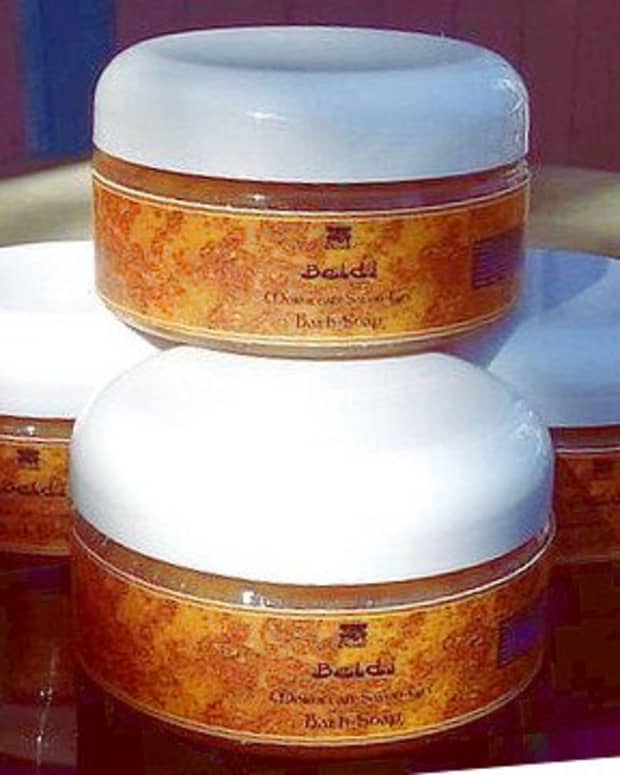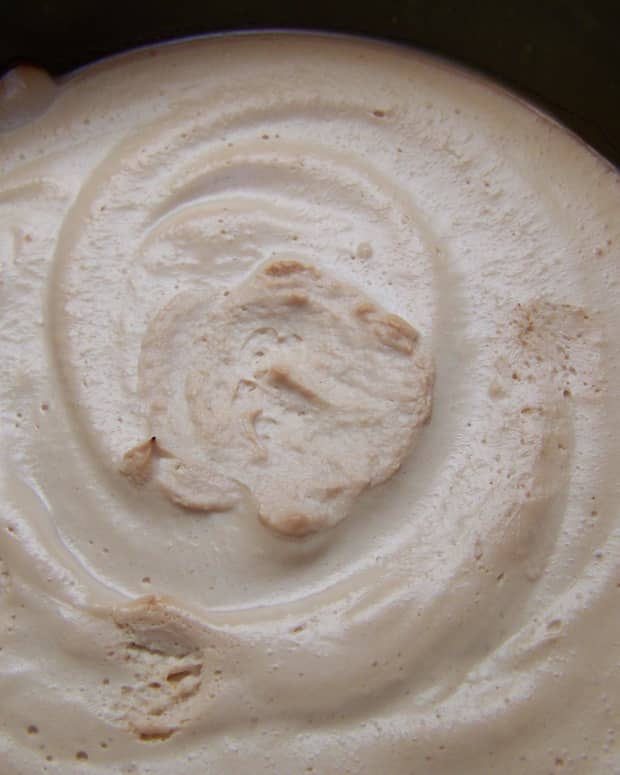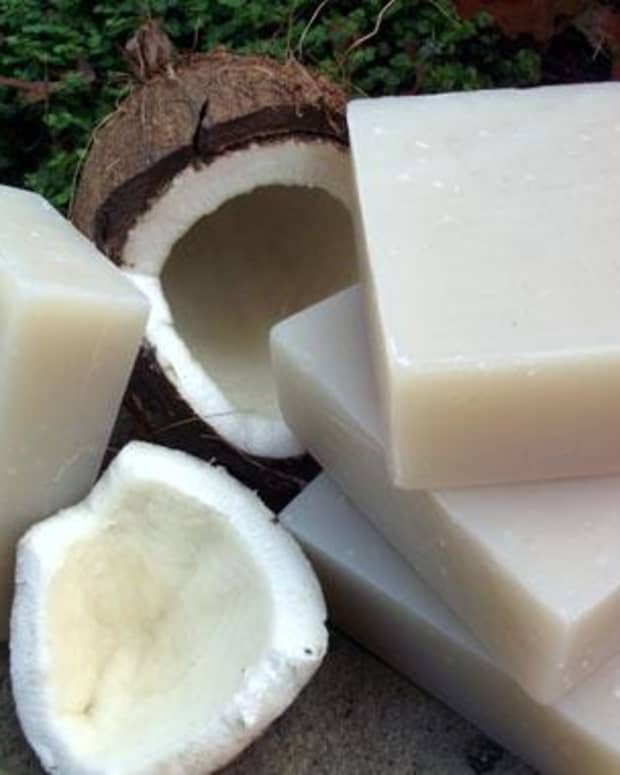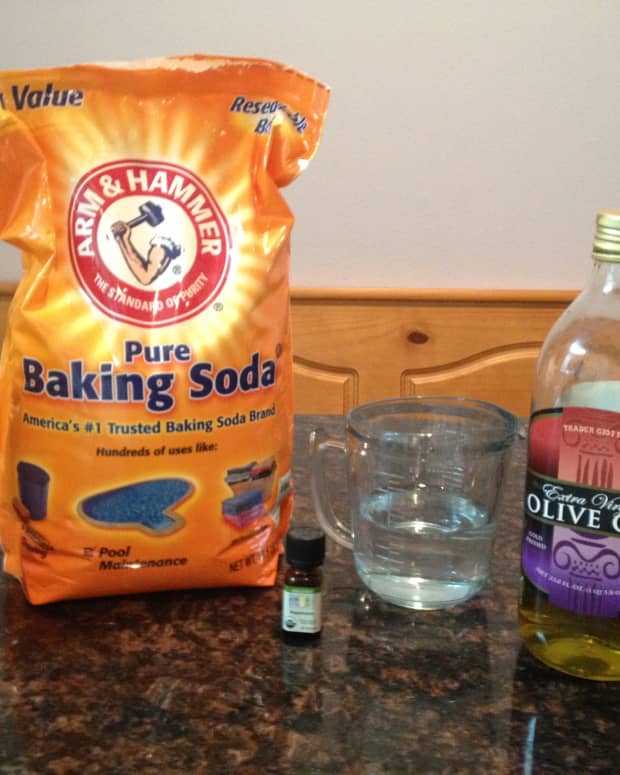Homemade Coconut Milk Shampoo
Sharon has been making and selling soaps and personal care products for about five years.
It’s easy to make your own homemade shampoo—one that gets your hair squeaky clean and is free of the harmful chemicals found in commercial shampoos.
While it’s fair to question whether commercial soaps and shampoos are really all that harmful, many moms have learned to make their own soap in order to help their children or other relatives with skin troubles. One of my own in-laws tells me that her homemade soap cured her mother’s eczema, and local herb ladies tell me they’ve seen it work.
And it does appear that some people, at least, are sensitive to the detergents and chemicals found in commercial hair and body products.
According to industry chemist and author David Pollock, several chemicals commonly included in commercial shampoos may be carcinogenic or potentially harmful to skin and hair in other ways. According to Pollock, “The sodium and ammonium laureth sulfates are known cancer-causing ingredients,” as is polyethylene glycol (PEG). Other ingredients, in Pollock’s view, could lead to thinning of the hair or allergic reactions.
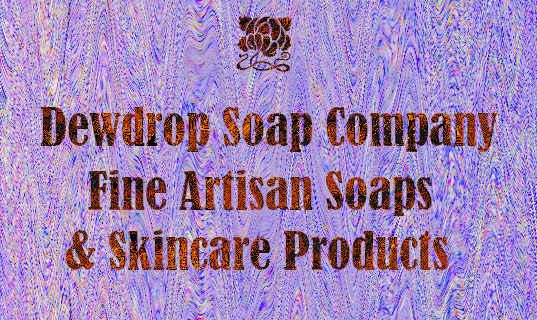
Finest all-natural artisan soaps, bath bombs, facial soaps, facial serums, and healing salves. The most luxurious bath and body products!
Why You Should Make Your Own Pure and Natural Shampoo
You can quickly and easily make a homemade shampoo that is far superior to commercial shampoos, which can be made with pure, organic ingredients. It will provide better cleaning, better conditioning, and a wonderful, silky feel to your hair, without any need to use a separate conditioner! The coconut milk in this shampoo contains coconut oil—one of nature’s finest hair conditioners—and in just the right amount to make your hair soft and lustrous.
More Control Over the Fragrance
Homemade shampoo is a special joy for those who are particular about fragrances. I have probably never purchased a bottle of shampoo, conditioner, or fabric softener without removing the cap and taking a whiff. If you try this, you’re likely to notice that many of the different shampoo fragrances are nearly indistinguishable from each other—and none of them smell particularly good. They often have a harsh, “chemical” odor—nothing remotely like the flower on the label.
With homemade shampoo, if you want your shampoo to smell like honeysuckle—or some other floral, herbal, or citrus scent or combination—you need only add a few drops of essential oil.
Higher Quality
Plus, I think you’ll notice quite a difference in the quality of the product itself. This natural shampoo has a wonderful silky feel, smells heavenly, and gets your hair squeaky clean. This shampoo is best used without following up with a commercial conditioner—or any conditioner at all. You'll find you don't need it, for one thing. But you'll also find that when used without following with conditioner, it gives your hair a marvelous soft, silky feel, and a subtle shine.
Types of Soap To Use for This Recipe
I use my own homemade cold-process lye soap for this recipe. If possible, make your own 100% olive oil Castile soap! If this is not possible, you can probably buy a hand-crafted soap at a health food store that is made with 100% olive oil (plus, of course, lye and water). Or, if you have a friend who makes soap, ask her to make a 100% olive oil soap for you.
Depending on the type of soap used, you can get a somewhat different product. If you make this recipe with Castile (olive oil) soap, it will barely froth up in your blender at all and makes a creamy shampoo.
Coconut oil soap, on the other hand, is a very bubbly soap, and whirling it a blender with the other ingredients causes at least a fourfold increase in volume so that you have to wait for the bubbles to be re-absorbed into the liquid before you can bottle.
These two soaps have somewhat different properties in other ways: Coconut oil soap is a much more powerful cleanser—does a better job of removing dirt and oils from the hair. Olive oil soap, on the other hand, is gentler and more conditioning and is preferred because it does not strip the hair of natural oils.
You may find that most hand-crafted real lye soaps work well in this recipe, even those made with other oils, or combinations of oils.
Water Substitutes
You can make this shampoo using only water, coconut milk, and real lye soap (Castile soap made with 100% olive oil makes the best shampoo).
Sometimes—if I'm feeling a little extravagant—I substitute rose water for the water portion of the recipe. This adds a nice, light fragrance and a luxurious touch. There are other flower waters, besides rose water, that would be lovely in this recipe.
Coconut Milk Shampoo Recipe
Ingredients
- 1 cup grated real lye soap, not packed, 100% olive oil soap preferred
- ½ cup distilled water or rose water
- ½ cup unsweetened coconut milk (canned—the kind for used in cooking)
- Essential oils for fragrance (optional)
Read More From Bellatory
Serving Size
Makes about 1 ½-1 3/4 cups shampoo (This, too, depends on the type of soap used.)
Directions
- Put all ingredients except fragrance in a blender and whirl until the soap is dissolved.
- Depending on the type of soap you have selected, this combination may get very foamy in the blender, so that it looks like you have more than a quart of liquid, but the bubbles will gradually subside (allow two hours or more), leaving about 1 1/2 cups of silky liquid.
- If you use 100% olive oil soap in this recipe, it will hardly foam up at all.
- Once the foaminess has subsided you can add a few drops of essential oil for fragrance, if desired, and stir to blend in. It will smell really nice without added fragrance, because of the rosewater.
- Now you can decant the finished shampoo into a bottle. The final product, while creamy and lush feeling on the skin, may be more “runny” than commercial shampoos. This, too, depends on which type of soap and brand of coconut milk you have selected. The olive oil version is more thick and creamy, as is the version made with thicker coconut milk.
To Use and Store
This shampoo should be gently shaken before use, since it will separate into layers. Tipping the bottle upside-down a few times should do it. You may want to store in a clear glass or plastic bottle, so you be sure to remember to “shake before using.”
It is best to store natural products in the refrigerator and use them within a week or two if they are made without preservatives. Plus preservatives don't work well with products that include very high amounts of milk and/or hydrosols (rosewater, in this case), so there is little point in considering a preservative for this shampoo.
My experience is that no conditioner is required after using this shampoo. In fact, I feel that following it with a commercial conditioner is likely to undo its benefits: Soft, shiny, silky-feeling hair. Try using it without conditioner for awhile, and you'll see what I mean.
Need a Larger Recipe for Gift-Giving or Enough for Family-Size Bottles?
Here is a recipe that will make four 8-ounce bottles—or two 16-ounce bottles. By which I mean the apothecary bottles sold in health food stores. The advantage of going to a somewhat larger recipe is that you can use up the whole can of coconut milk and the whole 8-ounce bottle of rosewater all at once. No leftovers!
You’ll find you want to share this shampoo with friends and family.
Ingredients
- 2 cups grated Castile soap
- 1 8-ounce bottle rosewater
- 1 13.5-ounce can of Native Forest Coconut Milk (or any good thick unsweetened coconut milk)
Directions
Prepare in the same way as the first recipe.
This content is accurate and true to the best of the author’s knowledge and is not meant to substitute for formal and individualized advice from a qualified professional.
Comments
Sharon Vile (author) from Odessa, MO on November 04, 2014:
I know I should know when to quit, but my hair just keeps getting softer and silkier and shinier using this shampoo!
Also, I just made CHOCOLATE soap! I so need to post the recipe, which is loaded with fine oils, cosmetic clays, cocoa powder, honey, and heavy cream--and feels divine on your skin.
Sharon Vile (author) from Odessa, MO on November 04, 2014:
Most health-food stores probably carry a pure 100% olive oil Castile soap. Also, if you check with your city to find out who is in charge of the nearest farmer's market, they should be able to refer you to someone who makes and sells soap. If your friendly neighborhood soaper does not have it on hand, I'm sure they'd be delighted to make some for you, and for the purposes of making shampoo the soap need not be cured, but should be usable for shampoo about 48 hours after it's made.
Even better: Make your own! It's easy! Here's a link to my recipe: https://discover.hubpages.com/style/Homemade-Pure-...
Homemade soaps, incidentally, are to die for!
FlourishAnyway from USA on November 03, 2014:
If I can get a hold of the right soap, I intend to try this recipe.


